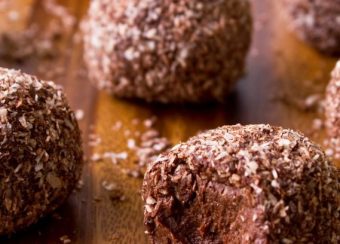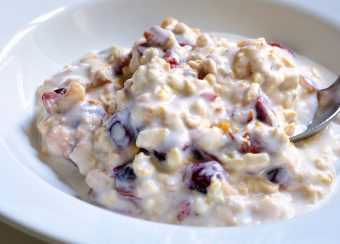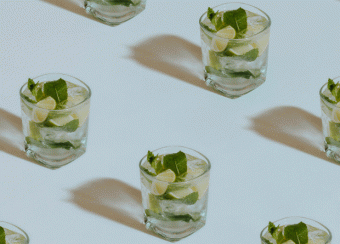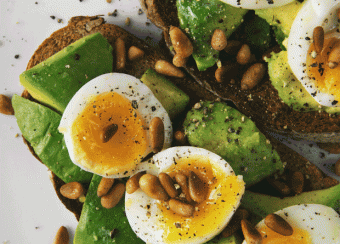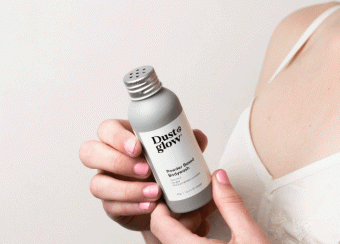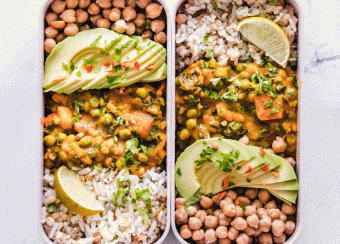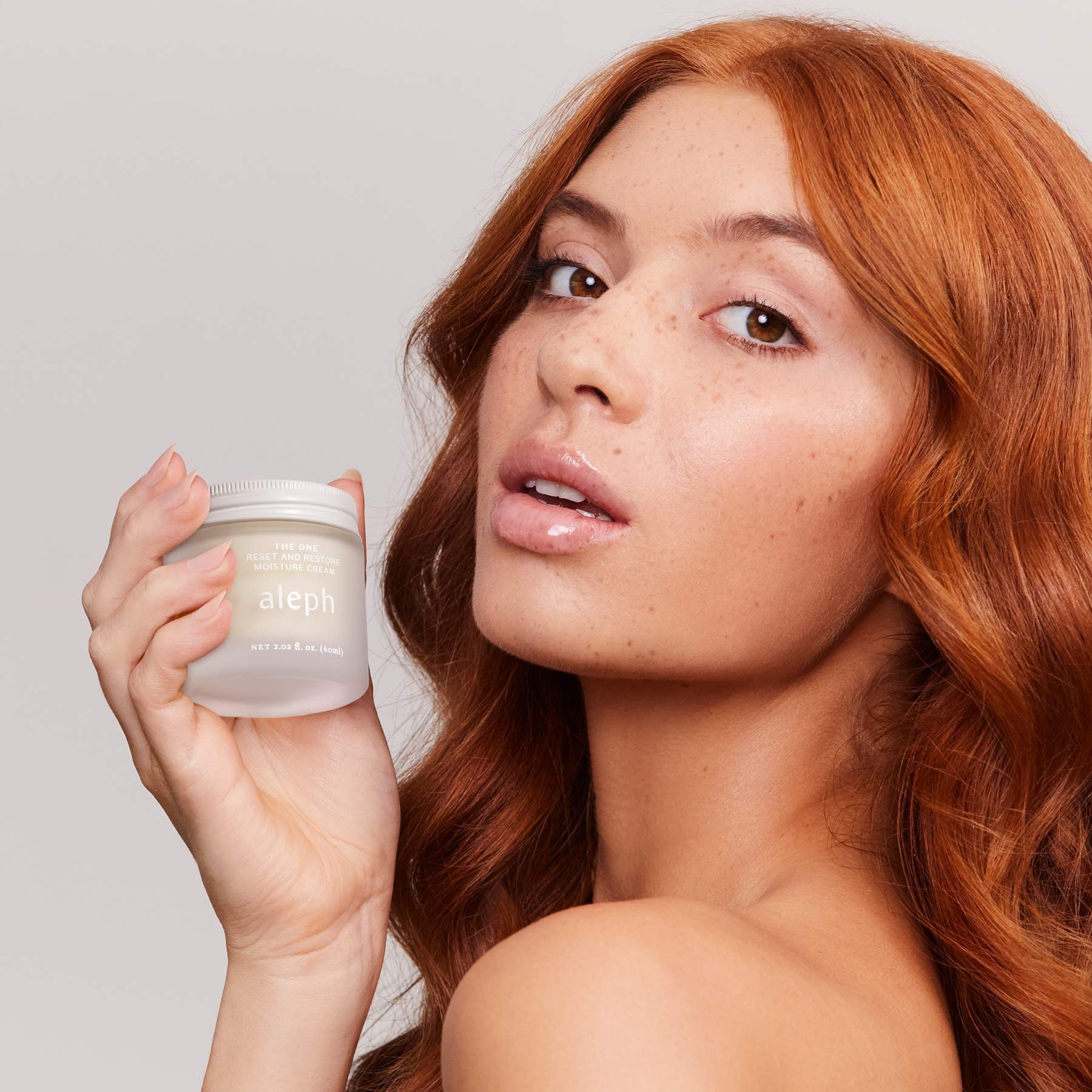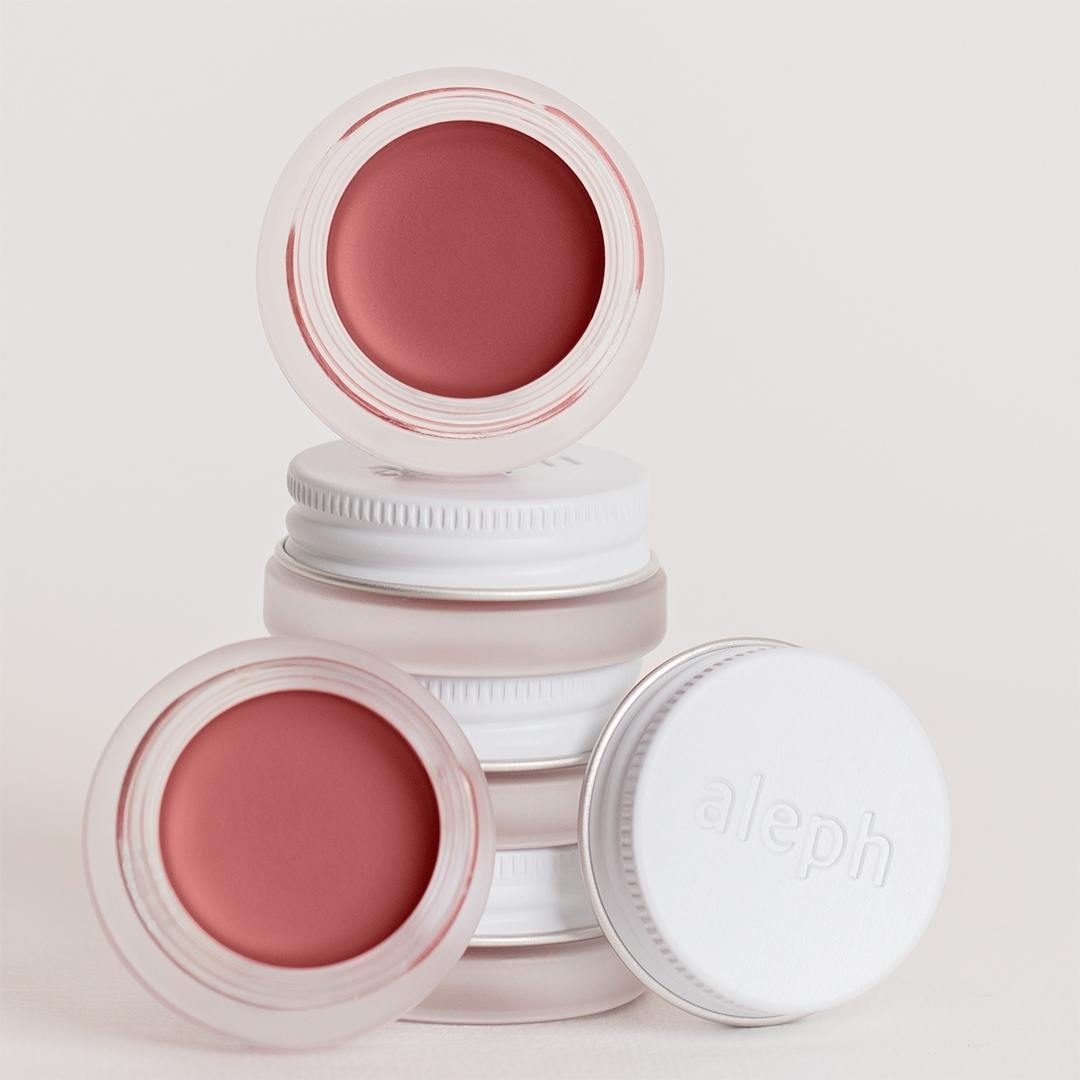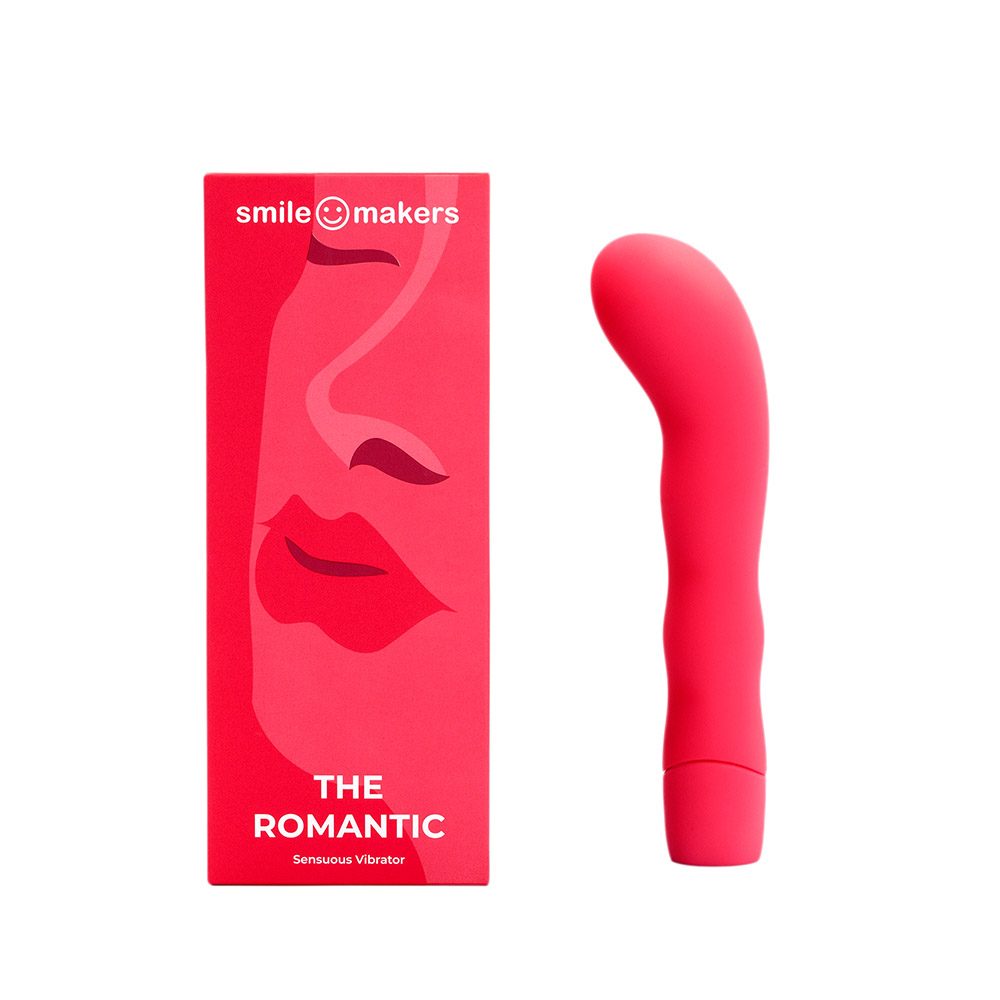The Best Prebiotic and Probiotic Foods to Eat
29/03/2021 2021-09-26 18:54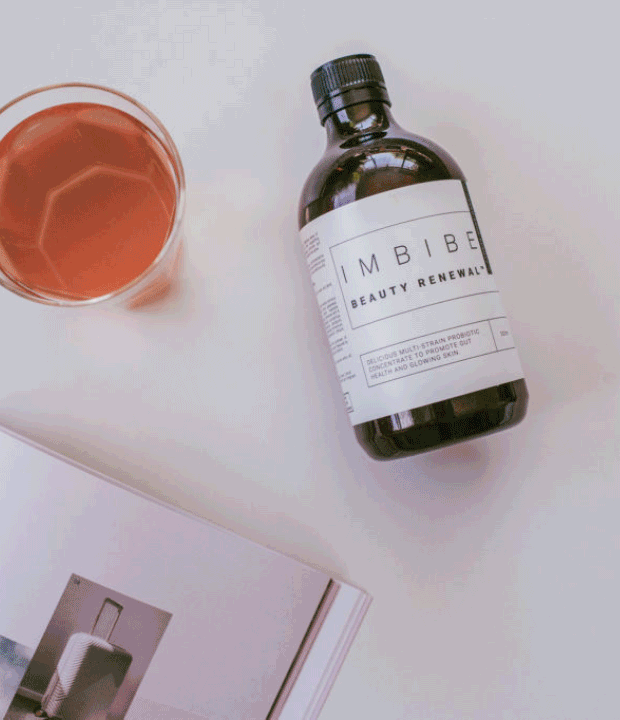
The Best Prebiotic and Probiotic Foods to Eat
We hear a lot about prebiotic and probiotic foods these days, as well as the workings gut microbiome and how we can keep it happy and on an even keel. But how exactly do we do that, beyond taking the odd swig of kombucha? And what the heck are prebiotics and probiotics anyway?
First things first – your gut
Without blinding you with science, our gut microbiota consists of trillions of bacterial cells which carry out a myriad of important functions in the human body. It’s not possible to live without your microbiota, and the benefits of a diverse and balanced microbiome extend well beyond just the gut.
Gut microbes do a variety of super important jobs, including:
- Helping protect against metabolic diseases
- Helping maintain a healthy body weight
- Training the immune system to work optimally
- Deter pathogens that could make you sick
They love having a little extra variety in their lives, and it is surprisingly easy to increase the diversity of your gut microbiota – which in turn benefits your overall health. This is where our good friend’s prebiotics and probiotics come in.
So what are prebiotics?
Prebiotics are substances found mostly in plant-based foods that provide essential sustenance for the beneficial bacteria in your gut. Prebiotic dietary fibres, resistant starches, and polyphenols promote the growth and activity of health-promoting microbes, but the body isn’t able to break down these substances. Instead, it passes them on to the microbiota where your gut microbes turn them into useful metabolites like short-chain fatty acids and vitamins.
Prebiotics encourage both the growth of health-promoting bacteria species, as well as enhance their activity. And chances are you probably already consume prebiotics without even realising it because they naturally occur in plant foods, and milk too.
If you’re looking to include more prebiotics in your day, start by eating more fruits, vegetables and whole grains such as bananas, onions, garlic, leeks, asparagus, beans and wholegrain foods. Berries and citrus are delicious options, along with savoury ones like rye, beetroot and Jerusalem artichokes.
And what are probiotics?
Probiotics are foods and supplements which contain a source of live bacteria that can perform several actions on the human body. Probiotic bacteria, like the well-known Lactobacillus and Bifidobacterium, help maintain order in the gut microbiome by maintaining the right acidity. Probiotics can have positive health effects even if they just pass through the gastrointestinal tract but don’t settle down in the microbiome.
Probiotics in fermented foods help by breaking down food and boosting the immune system, so aim to include more probiotics in your eating plan. Start with fermented dairy foods like yogurt, kefir products and aged cheeses, which contain live cultures such as the aforementioned bifidobacteria and lactobacilli. Also consider fermented, non-dairy foods with beneficial live cultures, like delicious kimchi, sauerkraut, miso and tempeh.
Long before probiotics hit the mainstream food scene, people all over the world were using, and loving, fermented foods. Originally, fermented foods were valued as a preservation method rather than for their health benefits, but these days cultures across the globe appreciate them for much more.
Some particularly delicious fermented foods come from Japan like miso, which translates to “fermented beans” and is a traditional Japanese seasoning that is produced by fermenting rice, barley, and soybeans with salt and a fungus known as kōjikin. Then there’s natto, a dish of fermented soybeans that is a staple breakfast food in Japan. Some say it’s an acquired taste, but if you haven’t tried natto on your avocado toast you haven’t lived – and you heard it here first!
Supplements
There is also the option of supplementing your diet with commercial prebiotic and probiotic preparations, but not all are created equal so do your research first. One formula we can’t get enough of is Imbibe’s Beauty Renewal Probiotic Supplement, which has eight strains of probiotics in a multi-strain concentrate that can help boost digestive health and reduce digestive discomfort. There are approximately six billion probiotics per serve, and it tastes delicious thanks to ingredients like bio-fermented coconut water, grapeseed and pomegranate, which work synergistically to promote gut health and skin hydration.



